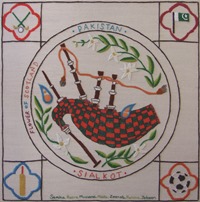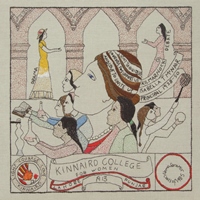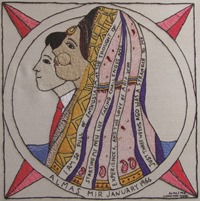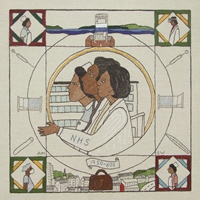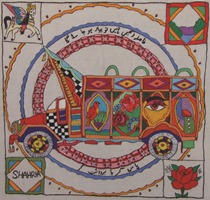|
PK01 |
PK02 |
PK03 |
|
|
||
|
PK04 |
PK05 |
The story of Scots in today’s Pakistan (and also in Bangladesh) is in many respects inseparable from that of India. As such it is sensible here to reiterate details that also appear in this historical context under India.
One of the results of the Act of Union (1707) was the ability of Scots to engage in the opportunities provided by organisations like the East India Company. Perhaps due to the educational tradition in Scotland, perhaps because of a common zeal for grasping such opportunities, Scottish names soon began to dominate the Company. This meant Scots became increasingly involved in trade, including tea and indigo, along with military and political developments in India throughout the eighteenth and nineteenth centuries. The influential Scotsman Henry Dundas (1742-1811), often nicknamed the ‘uncrowned King of Scotland’, helped to bring the activities of the East India Company closer under the control of the British government. As President of the Board of Control he oversaw a period of increasing Scottish influence.
By 1792 it is estimated that 1 out of 9 civil servants in the Company were Scots, along with a third of all officers in its army and 1 in 11 of its soldiers. Such military roles inevitably involved the presence of tartan and bagpipes, and this musical and military tradition has continued particularly strongly in Pakistan to this day. As well as taking part in administration and governance, Scots were also heavily involved in trade. Coal, timber, sugar, indigo, linen and cotton all had large markets back in Britain, and by the late 19th century the Empire, as it had become, was also the leading centre for tea, surpassing even China. Scots were also involved in the establishment of the railways across the subcontinent.
Education is an important part of the Diaspora legacy, and India and Pakistan are no exception. There are a number of “Scottish schools” still operating. Such establishments also led the way in providing education for woman, and as well as importing teachers from Scotland they of course also employed local scholars. Kinnaird College for Girls in Lahore, a renowned liberal arts degree awarding institution today, was an extension of Kinnaird High School for Girls in the late 19th century. There is also a strong reverse diaspora between Pakistan and Scotland. Especially since the second half of the twentieth century, considerable numbers have migrated to Scotland and played an important role in its cultural and economic life, as well as making important contributions to institutions such as the National Health Service.

